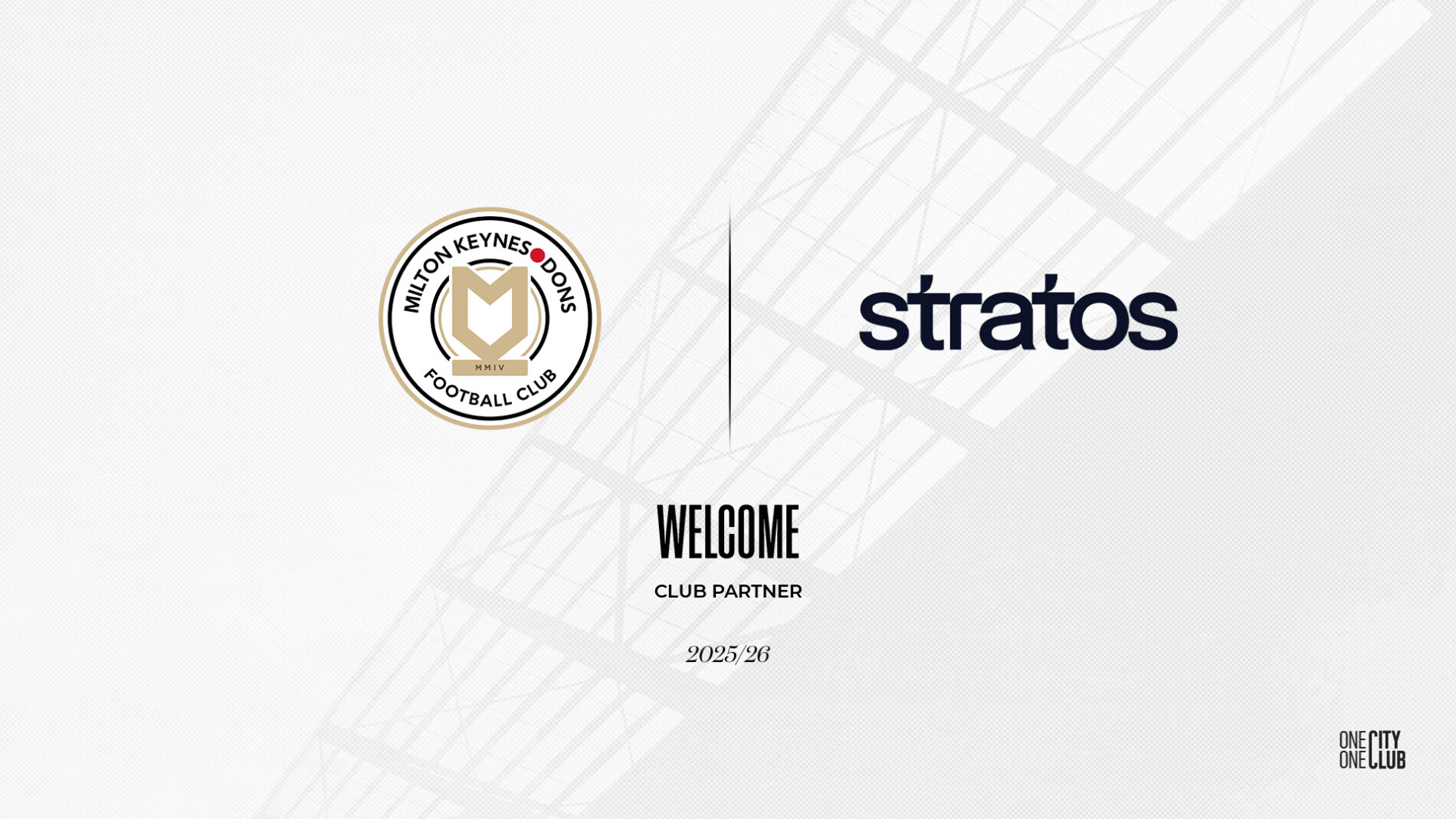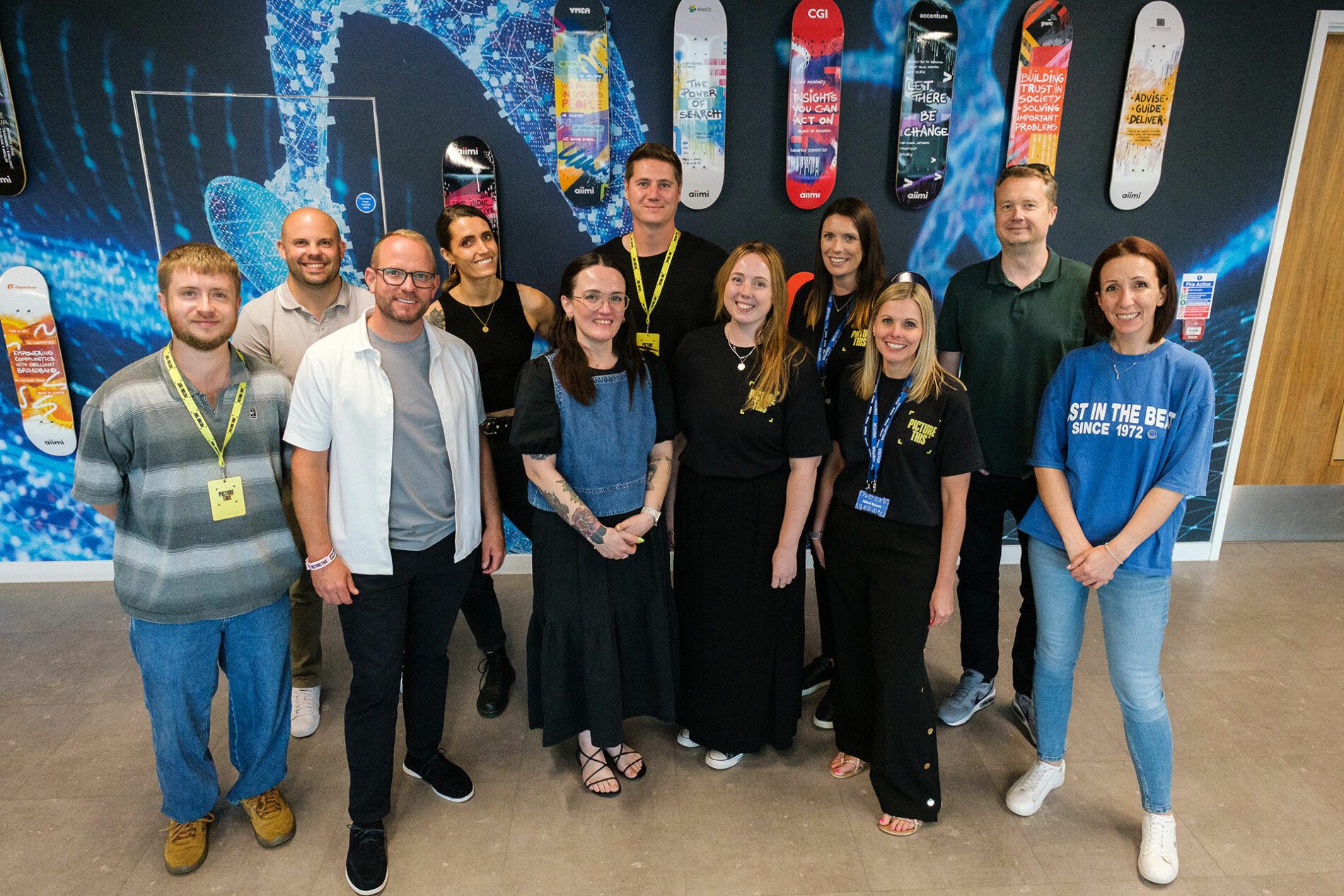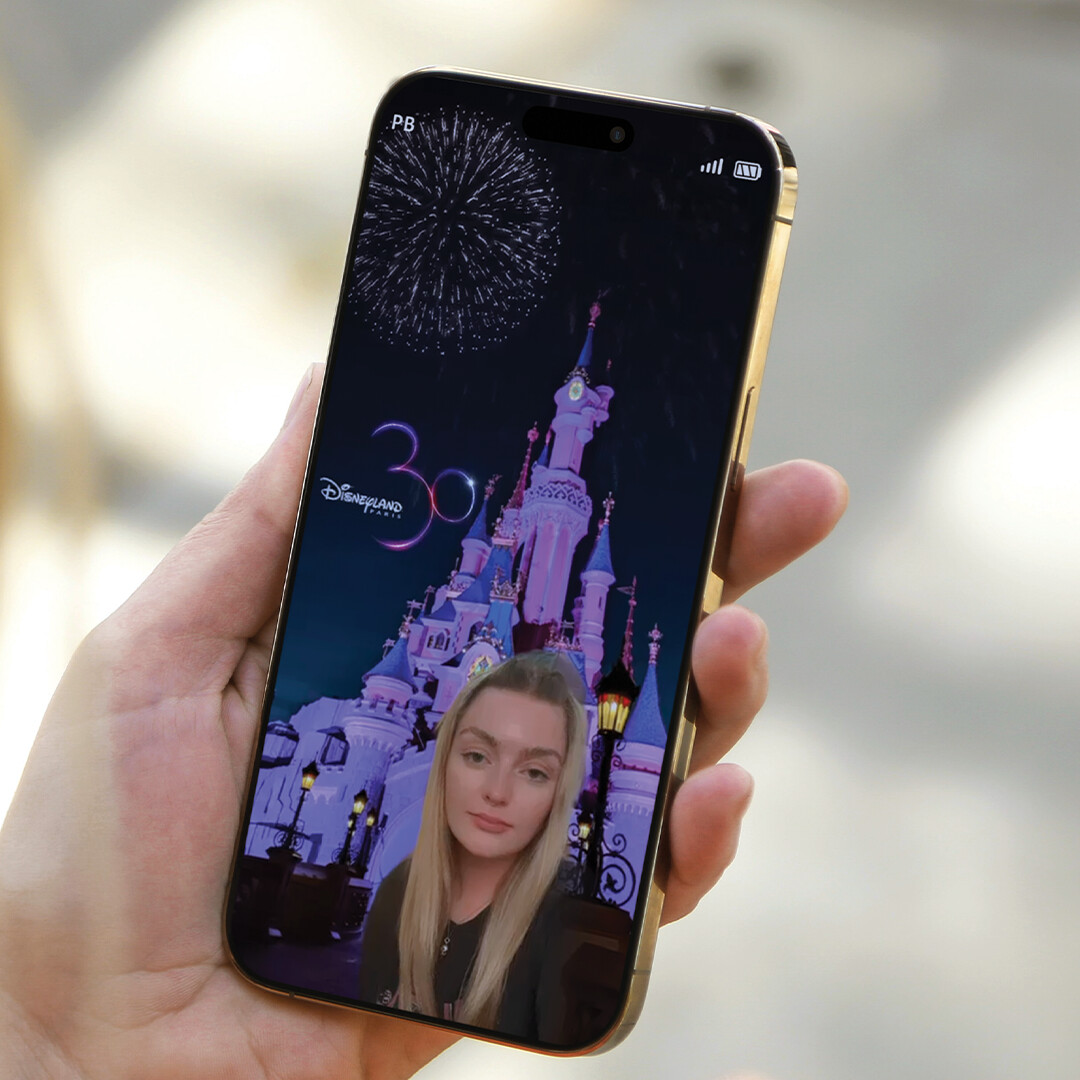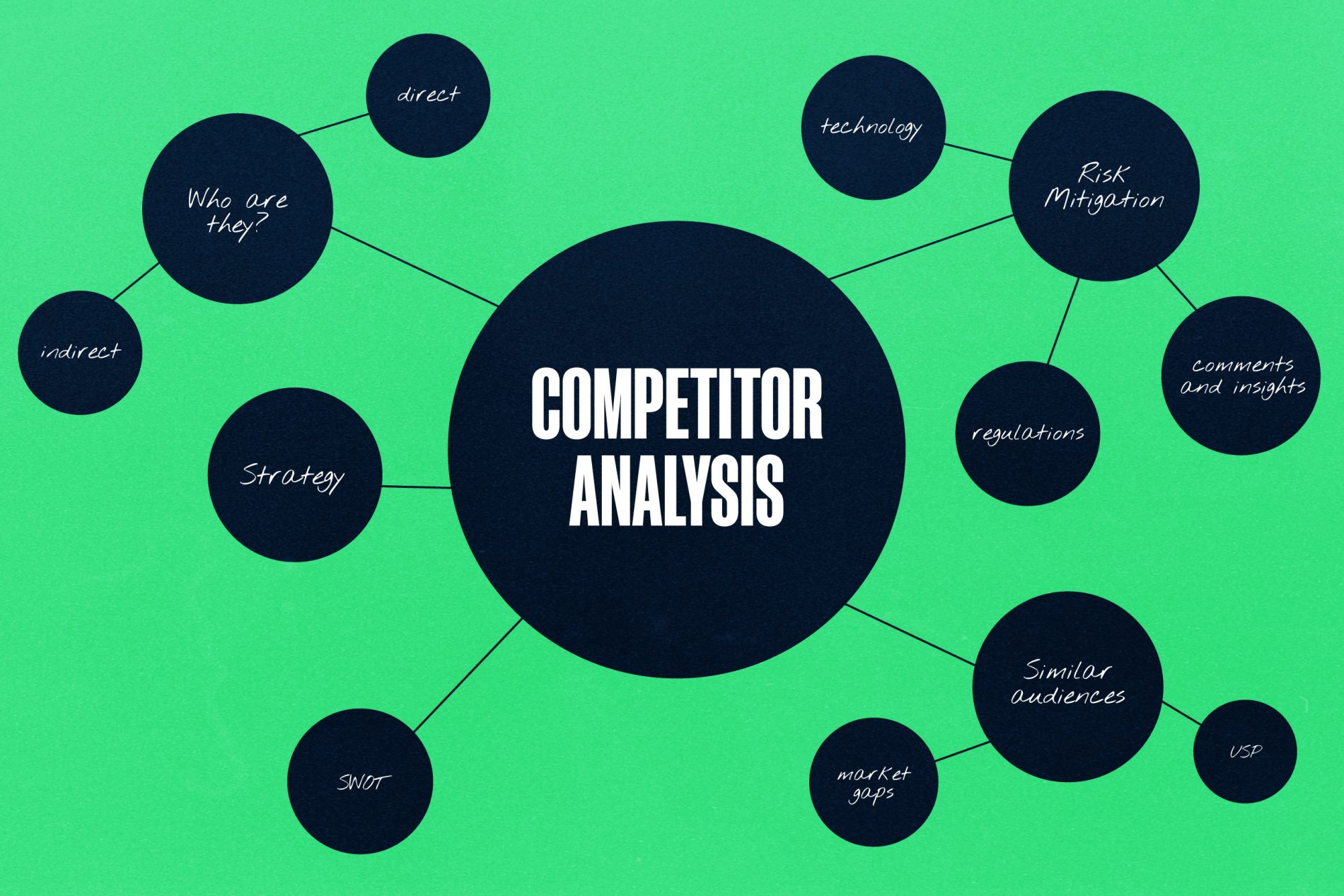Remember the days where our only touchpoints with a brand were through TV ads and printed media like billboards and newspaper adverts?
If you don’t, you’re probably a lot younger than we are! But don’t go anywhere, because this blog will still provide some great insights into how digital marketing has affected, and will continue to affect, consumer behaviour.
Millennials will remember waiting all week for the next episode of their favourite TV programme, sprinting to the living room on the opening credits so they didn’t miss a minute. Punctuated with ‘boring ad breaks’ that were usually reserved for toilet or snack breaks, brands had around 30 seconds to capture your attention and stand out.
Fast forward 20+ years and disruptions across the most dominant industries means we’re dealing with a consumer who values instant gratification (thanks Netflix and Amazon). They’re connected to digital touchpoints 24/7, and thanks to targeted algorithms, they expect personalisation, nurturing, and consistency when it comes to online digital marketing.
Consumer behaviour is fleeting, unpredictable and changing more frequently than Google’s algorithms. So how does digital marketing affect consumer behaviour, and more importantly, how can we navigate this?
Peer pressure
Reviews. They cripple our own decision-making capabilities, so imagine how our consumers feel.
When you trawl through hundreds of reviews before purchasing, you’re likely to think twice if you read a negative review. No matter how well the brand sells their product or communicates their values, the modern consumer tends to value the experiences of their peers over what you’re telling them.
Actionable, social proof can be a great route to harness this. Communicating to your customers how many others ‘just like them’ are benefitting from your product or service will be a key factor in influencing purchasing behaviour online. Peer review and social proof aren’t new concepts. But the power they have in influencing decision making when it comes to the modern customer are not to be overlooked.
Consumer engagement
Consumer generated content, customer engagement, discounts and customer support will all play a part in your digital marketing strategy if your aim is to engage with an online community. Digital marketing has seen a shift in how customers identify with a brand, and a big player in that strategy is the feeling of a community.
Digital consumers are increasingly connected to the brands they follow, keeping an eye out for new products, deals and content that will help fulfil their needs. Touching back on peer reviews, this can be attributed to the rise of the influencer.
Influencer advocacy gives brands the power to build stronger relationships with their customers through consumer engagement, harnessing advocates and building communities online through a human face.
Customer loyalty is arguably increasing with a greater digital presence as consumer engagement spans so many channels. Newsletters and emails offering exclusive discounts, influencers promoting giveaways and competitions, and 24/7 customer service channels are fast becoming the bread and butter of online community building.
Modern marketing
Modern marketing supports the view that campaigns and advertising should be used to build long-term relationships with your customers, rather than generate a quick sale. Particularly for B2B brands, inbound marketing rather than outbound has long been the favoured strategy. This method promotes sharing your learnings and knowledge to provide value for your prospects in the hope of asserting authority online and becoming known as an expert in your field. The result is long-term, loyal customers, great relationships and trust. Digital channels work exceptionally well for this. Sharing content in exchange for contact information means an email list can be built that can then be nurtured with targeted content. Again, utilise digital channels to achieve this such as email and great SEO.
Finger on the pulse
Online consumer behaviour is, however, fleeting. Hence why you’ve seen a lot of brands abandon platforms like Facebook in favour of video-based platforms like Youtube and TikTok. If something is growing old and tired, customers won’t stick around for you, but they will expect you to follow them.
Keep an eye on platforms such as TikTok. We must acknowledge the growing influence of generation Z as they leave University and begin to have an influence in the working world. Their approach to social media and digital channels is very different to the millennial/boomer population. If you don’t want to get left behind, future-proofing your digital marketing strategy should be a priority.
The power is…out of your hands
Digital marketing has set the framework in which the modern customer is evolving – in ways which are unprecedented. From a time where customers were only exposed to short snippets of your product or service (which you had control over), the digital world has saturated the market space with content, testimonials, videos, and customer chat bots.
Consumers need to feel empowered by brands to make decisions for themselves. They want to feel in control. With option fatigue and content saturation, it’s getting harder to stand out.
Don’t be afraid to disrupt the narrative and stay one step ahead of online consumers.
If the unforgiving digital landscape has got you in a bit of a rut, speak to us today about your digital strategy and we can help get things back on track.











